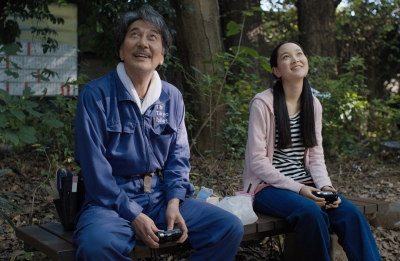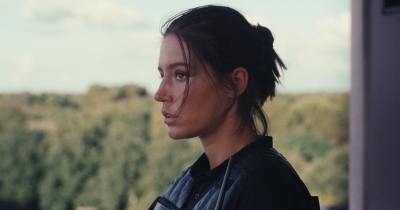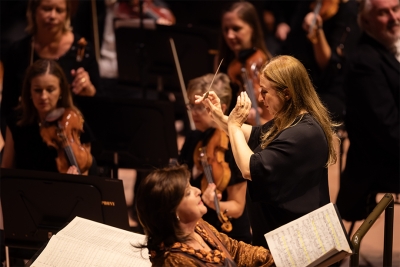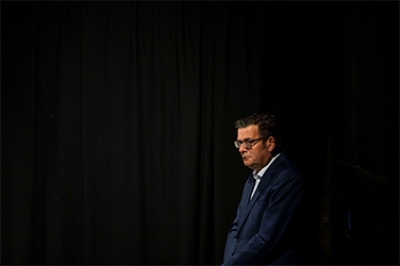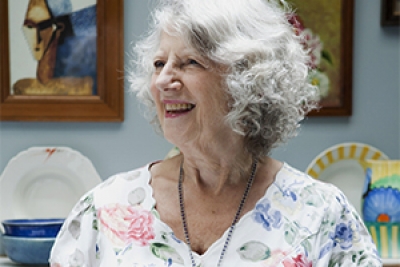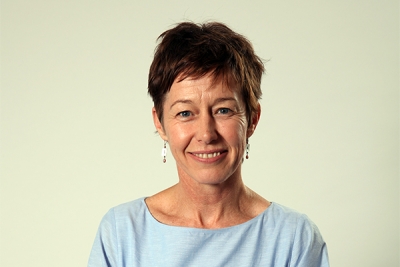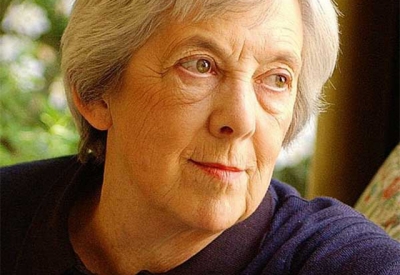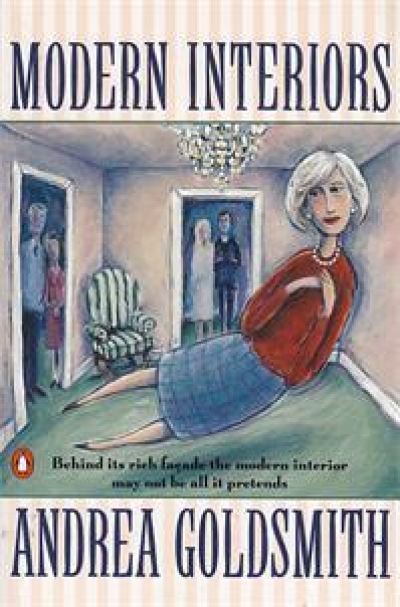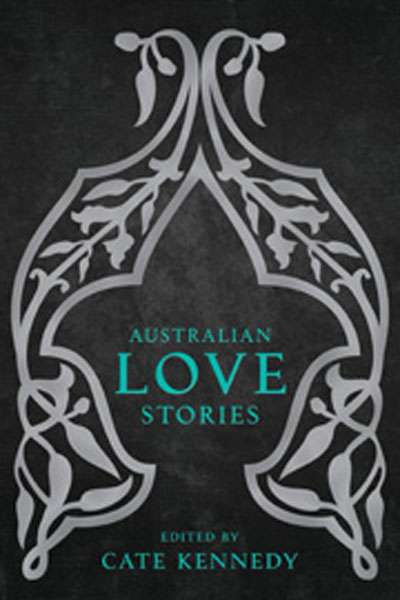History
Transgender Australia: A history since 1910 by Noah Riseman
At the first Australian Conference on Transsexualism, convened in 1979, a Dr Michael Ross declared that Australia had the highest incidence of transsexualism in the world. Whatever proportion the good doctor was observing, it must be immeasurably higher today; and yet until now there has been no formal history of gender-diverse Australians.

















